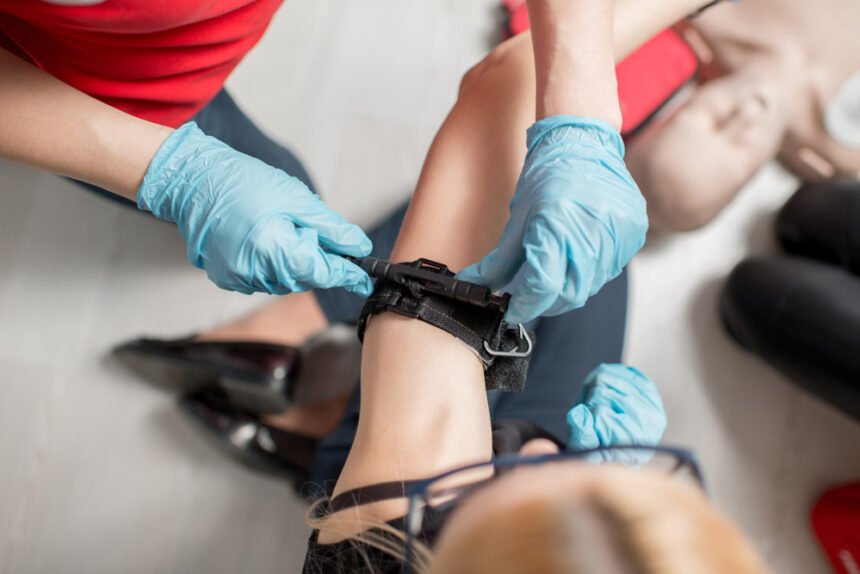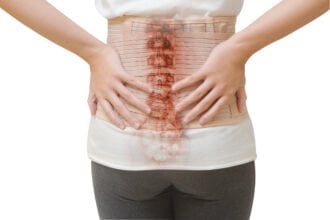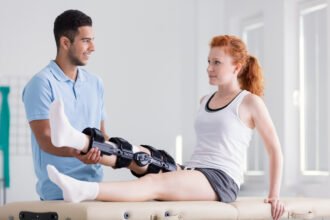People experience serious injuries every day. Many people experience car accidents and have to find ways to minimize the damage from them. It is important to know how to reduce the severity of other injuries as well.
Acting quickly and, above all, logically in an emergency can save lives. Even stepping away from the accident, clearing the surroundings, and giving medical professionals access to the emergency is already a logical step toward minimizing risks and danger. But then, what if you’re the closest person to help someone injured? What do you do when someone is bleeding profusely? Here’s a guide to the quickest steps you should take in a medical emergency:
#1 Call emergency services.
Depending on your location, emergency services such as the ambulance, the Fire Department, and the police have different numbers, ranging from 911 in the US, to 999 in the UK and many Asian countries, such as Singapore, Malaysia, and even in the UAE. 112 is used in the European Union. What should you do if you see someone with a gaping wound and bleeding profusely? If you don’t know what to do or how to stop the bleeding, then help them by calling your local emergency services – that’s your first step.
#2 Move away from the danger zone.
Check to see if you and the person injured are in a considerably safe space, or at least far enough from the danger zone. It’s not always encouraged to move the person injured, but if you’re in a situation where more danger could cause further injury, move or find a safer alternative.
#3 Manage the bleeding.
Basic first aid rules apply when it comes to managing bleeding, and these first few steps can slow down the impact of blood loss. Even if you don’t have medical training, you can administer basic first aid, which starts with applying pressure on the wound. If available, clean your hands and the wound with water. Otherwise, get a clean cloth, tissue, or gauze to apply pressure on the wound to control the bleeding. Even when the blood soaks through the material, don’t remove it – just keep adding more cloth if you can.
#4 Raise the limb.
If the arm or leg has a wound, raising it above the heart would slow down the bleeding. A tourniquet is extremely helpful if the bleeding is severe and direct pressure has now slowed it down. Browse tourniquets here if you’re looking for a good-quality one to add to your medical emergency kit.
#5 Don’t use unnecessary liquids.
Unless you have firm medical knowledge, never use any other ointment or liquid to clean a deep wound as it may cause tissue damage. Cleaning the wound or the surrounding areas with water is the best way forward.
#6 Stay with the injured person.
In many emergencies, especially an accident, the injured would need to be aided until help arrives. If you’re in the capacity to stay with the injured person, continue to do so. Reassure and stay by the injured person by talking to them and keeping them awake, conscious, and alert as much as you can. Staying conscious helps their body to keep moving, generating heat. It also helps assure you that they are alive, their airway is clear, and their vital organs are working fine.
There you go – quick and practical steps that can save lives. Do your best to aid an emergency, especially when no immediate help is in sight.









